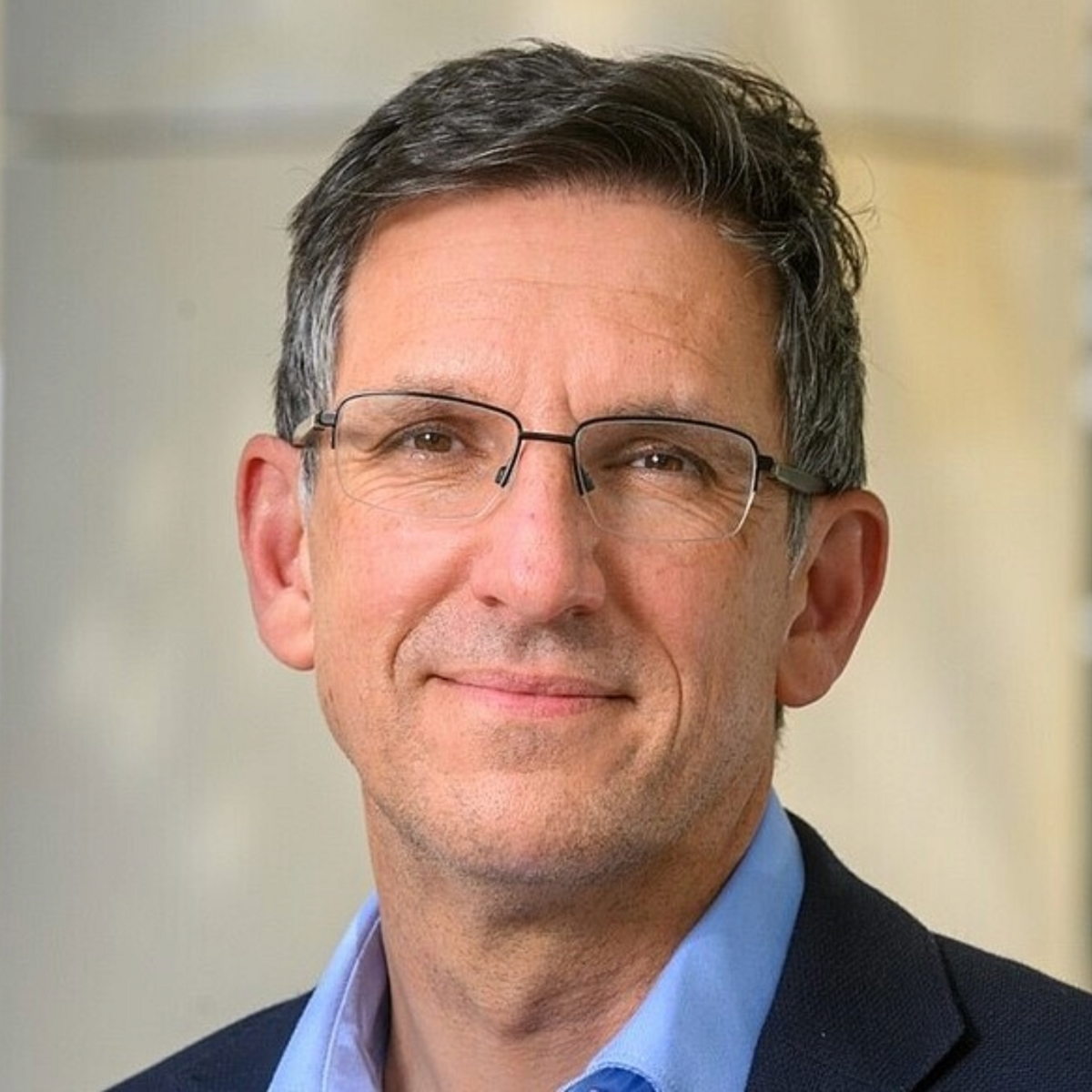ERC Advanced Grant: New Approaches to Liver Regeneration and Cancer Prevention
When the liver is damaged by chronic diseases, it has the ability to regenerate itself. Cancer, however, can develop during the regeneration process. A team of researchers led by Ludovic Vallier, Einstein Professor for Stem Cells in Regenerative Therapies at the Berlin Institute of Health at Charité (BIH), recently showed that liver regeneration and tumor development might share common underlying mechanisms. The European Research Council (ERC) has now awarded an ERC Advanced Grant, worth €2.5 million over five years, to Vallier. He aims to use the grant to further advance the understanding of the mechanisms behind liver regeneration and tumor development, leveraging this knowledge to devise novel therapies tailored to patients’ individual needs.
Ludovic Vallier grows mini-livers, so-called organoids, to study how liver diseases develop and how they can be treated and prevented. A key part of this, according to Vallier, Einstein Professor for Stem Cells in Regenerative Therapies at the Berlin Institute of Health at Charité (BIH) and Max Planck Fellow at the Max Planck Institute for Molecular Genetics (MPIMG), involves deciphering the mechanisms of liver regeneration. These enable the repair of damaged cells, but can also lead to tumor development in the case of chronic liver diseases should something go wrong during the cell repair process. As part of a project called FunChol, Vallier seeks to shed light on these mechanisms while using a translational medicine approach to develop novel therapeutic strategies. The European Research Council (ERC) has awarded him an ERC Advanced Grant, which provides €2.5 million to support this research over a five-year period.
Changing how chronic diseases are understood and treated
While current treatments for liver disease focus on limiting tissue injury, Vallier and his team want to go deeper and look for new therapeutic methods. Using the findings from the FunChol project, they aim to produce cells that are not only resistant to liver disease, but also promote tissue regeneration while preventing cancer development, which normally occurs in the context of advanced liver diseases like metabolic disorders. The identification of biomarkers for the diagnosis and prognosis of the diseases should also pave the way for personalized treatments for patients. These biomarkers are characteristics found in blood or tissue that indicate various processes of liver regeneration in the patient’s body, which could help physicians choose the most suitable form of therapy for each individual patient.
In the funded project, the scientists will combine state-of-the-art methods from the fields of single-cell analysis, bioengineering, and human in vitro organoid systems. They anticipate that the project will bring about a significant change in the fundamental understanding of chronic diseases.
Enthusiasm can make all the difference
“It’s a privilege to be receiving my third ERC grant,” says Vallier. “A grant like this is unique as it gives us a lot of freedom in our research pursuits. We can develop new lines of inquiry and follow solely our scientific curiosity and enthusiasm. For me, this is still the best way to develop impactful research and translational applications that ultimately help patients.”
Source: Berlin Institute of Health ‘Developing new therapeutic strategies for liver diseases: Ludovic Vallier awarded ERC Advanced Grant’, Dec 3, 2024
The future of medicine: Capital Region Innovation Center
The capital region has developed into a world-leading location for healthcare and life sciences thanks to close cooperation between leading global players, renowned scientists, world-class clinics and an innovative start-up community Interdisciplinary networks, highly specialized experts, technology transfer and disruptive technologies play a crucial role in the transformation of scientific findings into innovative products for the global healthcare market.
Further information on the economic development of growth industries in the region and on business and technology funding for companies, investors and scientific institutions is available from:
